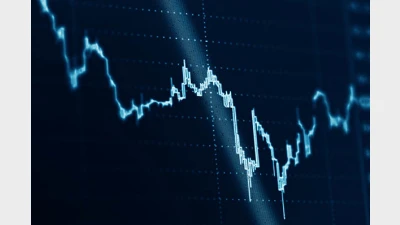Investor confidence falls in September


State Street Global Market’s Global Investor Confidence Index decreased to 105.9, a drop of four points from August’s revised reading of 109.9, driven by nervousness in Europe and North America.
The European Investor Confidence Index (ICI) was the standout as it fell by 9.2 points to 95.6 while the North American ICI dropped a more modest 4.4 points to 106.1, and the Asian ICI ticked down 0.8 points to 97.7.
State Street Global Markets’ senior macro strategist, Marvin Loh, said: “Investor confidence was marginally weaker in September, although, despite the drop, the global ICI remained near its highest level in three years.
“However, all three regions contracted from strong results in the ICI reported in August, with Europe falling nine points, while North American and Asia both declined by low single-digits.
“Resurgent infections from the delta variant have resulted in lowered growth expectations globally, although the economic backdrop continues to look attractive for above-trend growth in 2022.
“Additionally, numerous central banks, including the Fed, have indicated that they will slow asset purchases in the coming months, with some expected to wind down their [quantitative easing] operations by mid-2022, which may provide an ongoing headwind until the timeline for rate hikes becomes clearer.”
Developed in partnership between State Street Associates, State Street Global Markets’ research and advisory services business and FDO Partners, the global index measures investor confidence or risk appetite quantitatively by analysing the buying and selling patterns of institutional investors.
The index assigns a precise meaning to changes in investor risk appetite: the greater the percentage allocation to equities, the higher risk appetite or confidence. A reading of 100 is neutral; meaning investors are neither increasing nor decreasing their long-term allocations to risky assets.
Recommended for you
As market volatility persists, some super funds are pivoting defensively, while others are strategically positioning to capitalise on emerging opportunities.
New data has shown a progressive deterioration in risk appetite among instos even prior to Donald Trump’s latest round of tariffs.
UniSuper has reached “peak investment” in US assets and is now preparing to reassess its exposures amid ongoing sharemarket volatility.
Investors have slashed their US equity allocations to the lowest level on record, according to new data from Bank of America.












